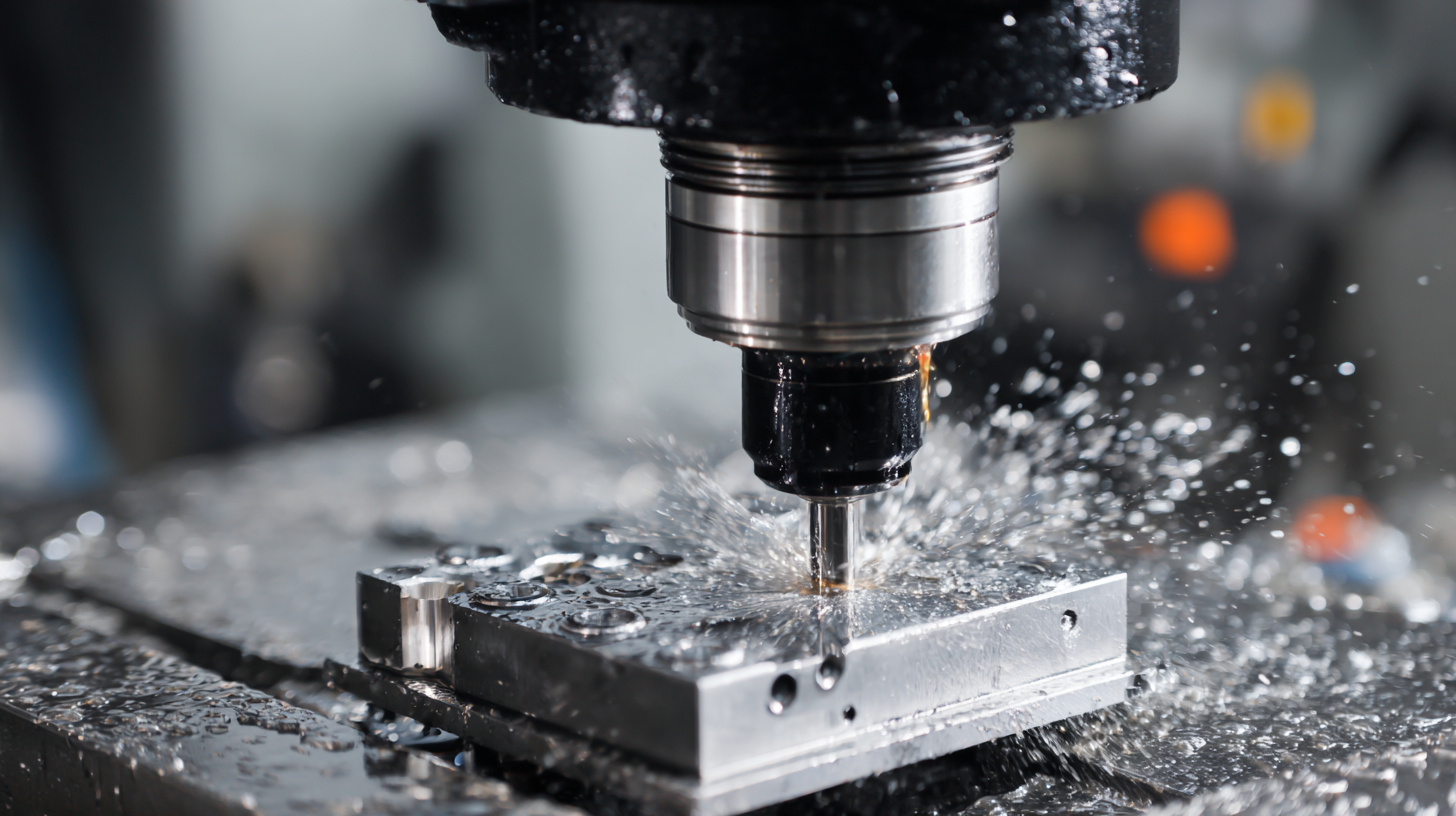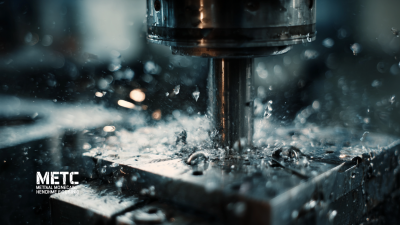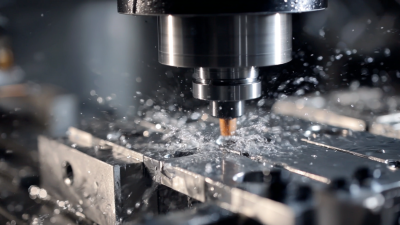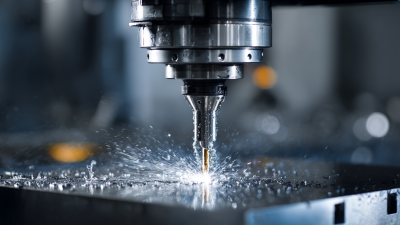
- sales@bjbod.com
- Mon - Sat at 7:00AM to 9:00PM

In the rapidly evolving landscape of manufacturing, Metal CNC (Computer Numerical Control) has emerged as a pivotal technology driving efficiency and precision across various industries. A report by MarketsandMarkets predicts that the global CNC machine market will grow from $64.91 billion in 2020 to $100.64 billion by 2026, highlighting the increasing reliance on automated machining processes. Metal CNC, in particular, stands out for its capability to produce complex geometries with unparalleled accuracy, significantly reducing material waste and production time. As manufacturers strive to meet the demands of contemporary markets for high-quality, customized products, understanding the essentials of Metal CNC becomes paramount. This comprehensive guide aims to illuminate the diverse applications and benefits of Metal CNC, providing invaluable insights for industry professionals and enthusiasts alike.
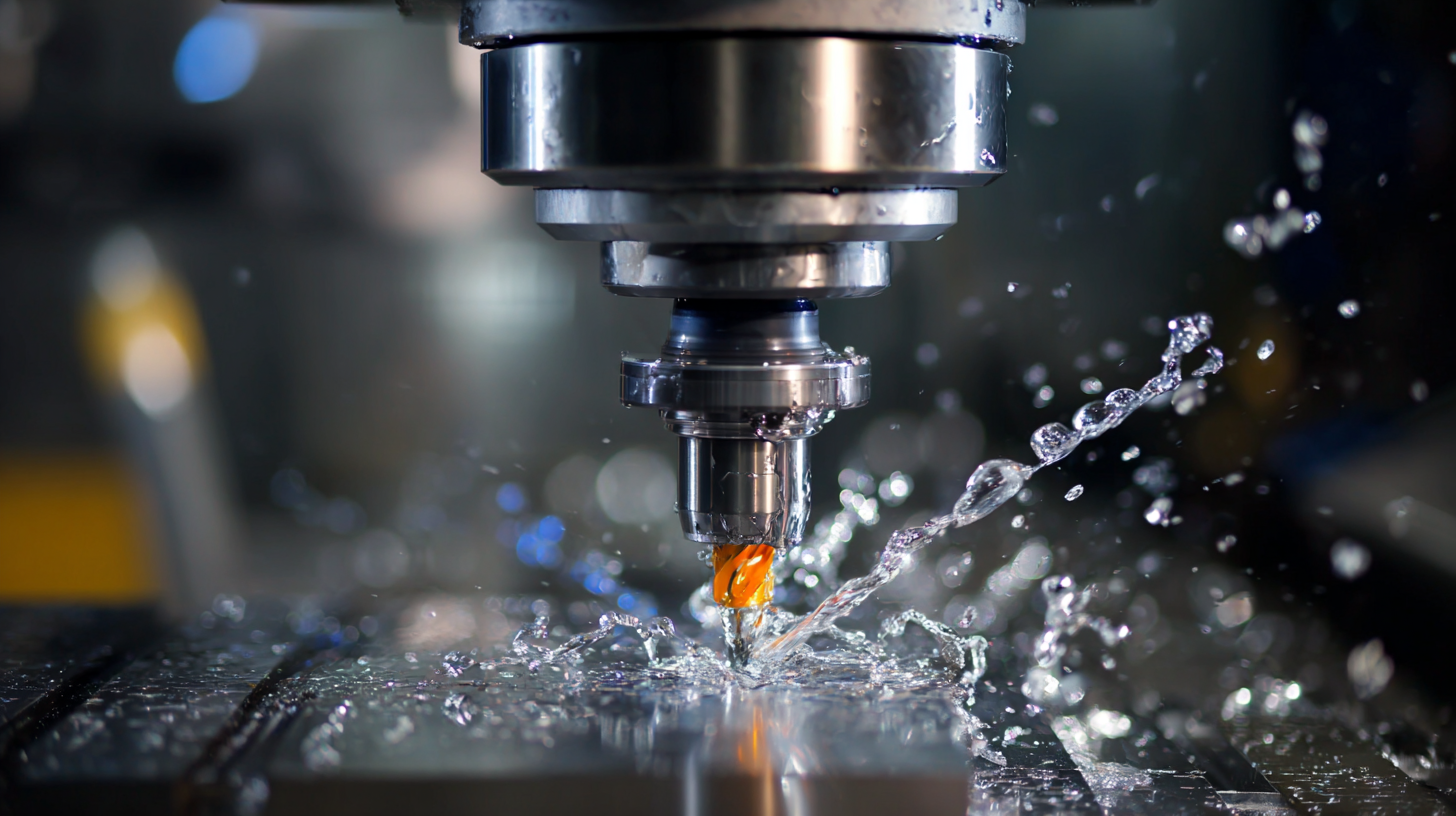
Metal CNC machining is a sophisticated process that utilizes computer numerical control to enhance precision and efficiency in manufacturing. One key aspect of this technology is the advancement of cutting techniques alongside innovative engineering materials, which have intensified the need for effective cutting fluids (CFs). Recent studies indicate that the proper application of CFs can significantly affect the performance of machining processes, reducing wear on tools and improving surface finish. This is particularly vital as industries strive for sustainable practices, with recent reviews highlighting the importance of assessing technological advancements in machining from both environmental and health safety perspectives.
Moreover, in-process monitoring strategies have gained traction in the realm of metal forming. Employing methods that measure force, temperature, and geometry during the machining process allows for real-time adjustments that can improve quality outcomes. Such advancements in monitoring technology not only ensure tighter tolerances and superior surface finishes but also contribute to the sustainability of manufacturing operations. As the industry embraces innovation, understanding the interplay of these processes and techniques becomes crucial for optimizing production efficiency while minimizing environmental impact.
Metal CNC technology plays a crucial role in modern manufacturing, significantly enhancing efficiency and precision across various industries. As the demand for highly accurate components surges, particularly in sectors like aerospace, medical devices, electronics, and automotive, CNC machining has become instrumental in producing precision parts. The global market for CNC and metal processing equipment is on track to reach a staggering $617.8 billion by 2032, indicating a robust growth trajectory driven by advancements in technology and an increasing need for precision engineering.
When integrating metal CNC into your manufacturing processes, consider these tips: First, ensure regular maintenance of your machines to prevent downtime and maintain optimal performance. Second, invest in training your workforce on the latest CNC technologies, as skilled operators can greatly enhance productivity and output quality. Lastly, embrace automation solutions alongside CNC machining to streamline operations and reduce lead times, ultimately improving your production efficiency.
With the continuous evolution of metal CNC applications, manufacturers must stay ahead of the curve by adopting innovative technologies that offer both precision and efficiency. The strategic integration of metal CNC not only meets current market demands but also positions manufacturers for future success in an increasingly competitive landscape.
Metal CNC machining has become a cornerstone in various high-tech industries, with its applications spanning from aerospace engineering to the production of intricate medical devices. In the aerospace sector, manufacturers rely on CNC technology to create precision components that meet strict safety and performance standards. The ability to machine complex geometries with tight tolerances ensures that parts, such as turbine blades and fuselage components, perform reliably even under extreme conditions. This precision not only enhances performance but also reduces material waste, making the manufacturing process more efficient.
In the medical field, CNC machining plays a critical role in fabricating devices that require exceptional accuracy. From surgical instruments to implants, each component must be produced with meticulous attention to detail to ensure patient safety and device functionality. CNC technology facilitates the production of custom parts, allowing for personalized medical solutions that meet the diverse needs of patients. The ability to quickly adapt designs and produce small batches also supports advancements in medical research and development, showcasing the versatility and innovative potential of Metal CNC machining across multiple sectors.
| Application Area | Industries | Key Benefits |
|---|---|---|
| Aerospace | Aerospace Engineering | High precision, lightweight components |
| Automotive | Automotive Manufacturing | Cost efficiency, quick prototyping |
| Medical Devices | Healthcare Industry | Precision engineering, biocompatibility |
| Electronics | Electronic Manufacturing | Complex geometries, miniaturization |
| Defense | Defense Contracting | Durability, high strength components |
| Energy | Energy Sector | Robustness, efficiency in production |
The growing adoption of automation in metal forming processes is significantly impacting the industry. With advancements in robotics and CNC (Computer Numerical Control) technology, manufacturers can achieve greater precision and efficiency in their operations. This evolution not only streamlines the production workflow but also allows for a more flexible approach to designing complex metal components tailored to specific needs.
Cost-effectiveness is another crucial benefit of leveraging metal CNC technology. By minimizing human error and maximizing production speed, businesses can drastically reduce waste and operational costs. Moreover, the consistent quality provided by automated systems ensures that products meet stringent standards, enhancing overall customer satisfaction. As companies strive to remain competitive, embracing metal CNC becomes essential for improving quality and reducing time-to-market in a rapidly evolving marketplace.
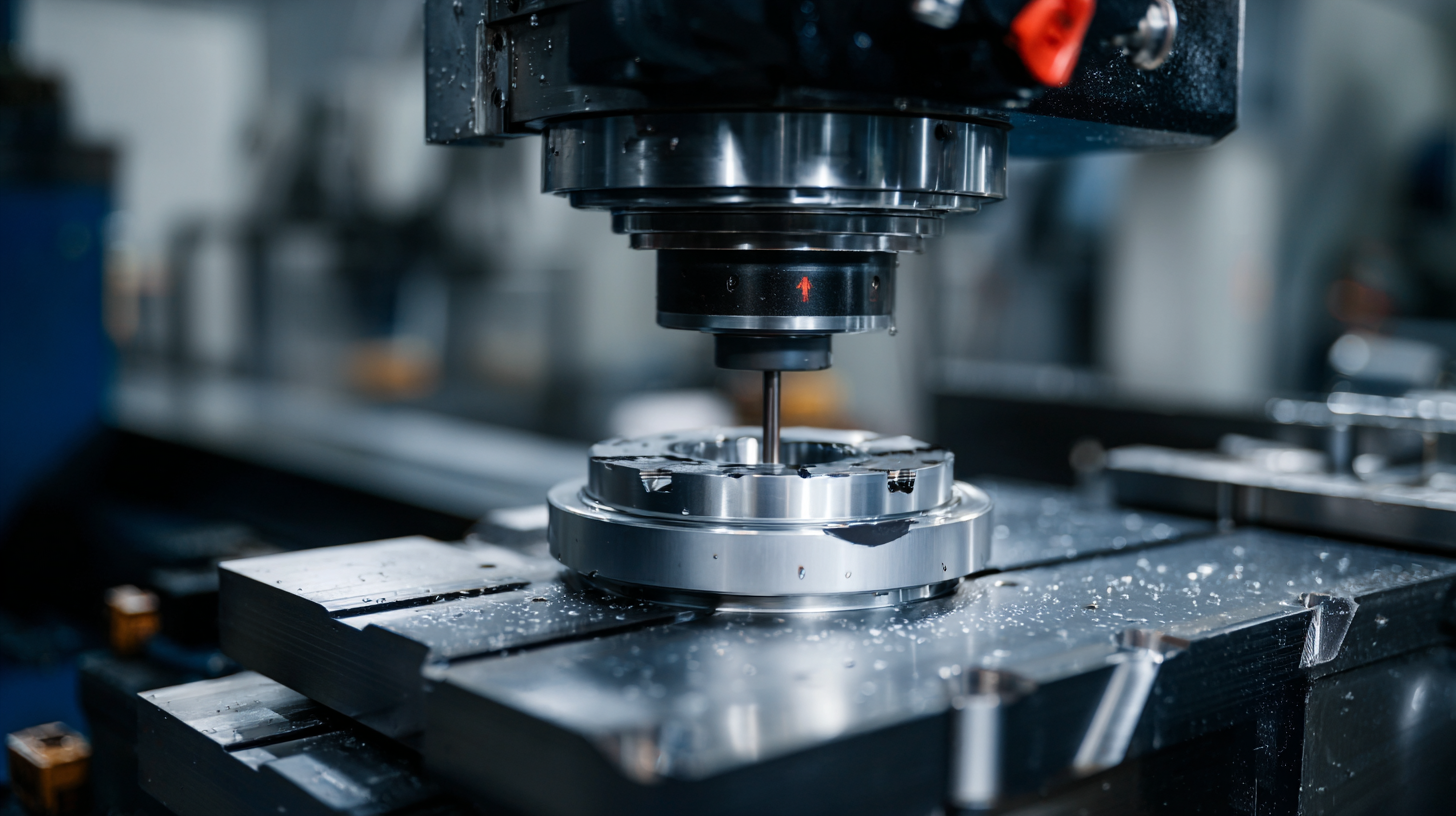
The landscape of metal CNC machining is rapidly evolving, driven by innovations that enhance efficiency and precision. One of the notable trends is the integration of artificial intelligence and machine learning into CNC systems. These technologies enable predictive maintenance, reducing downtime by anticipating and addressing potential issues before they arise. Additionally, smart CNC machines can adjust their operations in real-time based on the feedback they receive from sensors, resulting in improved accuracy and performance.
Another significant trend is the use of advanced materials and coatings that extend tool life and enhance machining capabilities. Innovations such as high-speed machining and additive manufacturing are pushing the boundaries of what is possible in metal CNC applications. These advancements not only allow for more complex geometries but also reduce waste, making the manufacturing process more sustainable. As industries continue to seek higher productivity and lower production costs, the adoption of these cutting-edge technologies will be crucial in shaping the future of metal CNC machining.
